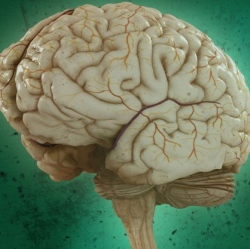
In their paper, Identifying incipient dementia individuals using machine learning and amyloid imaging, the team outlined how they used AI techniques and big data to come up with the algorithm. Dr Pedro Rosa-Neto, co-lead author of the study, said:
‘By using this tool, clinical trials could focus only on individuals with a higher likelihood of progressing to dementia within the time frame of the study. This will greatly reduce the cost and the time necessary to conduct these studies.’
To perform their study, the team built on a long-known scientific finding that a protein known as amyloid accumulates in the brain of patients with mild cognitive impairment, which often leads to dementia. Even though the amyloid accumulation occurs decades before the symptoms of dementia occur, we couldn’t reliably use this as a predictor of dementia as not all MCI patients develop the disease latter.
The McGill researchers used data from the Alzheimer’s Disease Neuroimaging Initiative, a global research effort featuring imaging and clinical assessments from a number of participating patients.
The team then used hundreds of amyloid PET scans of MCI pateitns taken from the ADNI database, training the algorithm to identify which patients would develop dementia, which it did with an 84 per cent accuracy rate before symptom onset.
Dr Rosa Neto said: ‘This is an example how big data and open science brings tangible benefits to patient care.’
